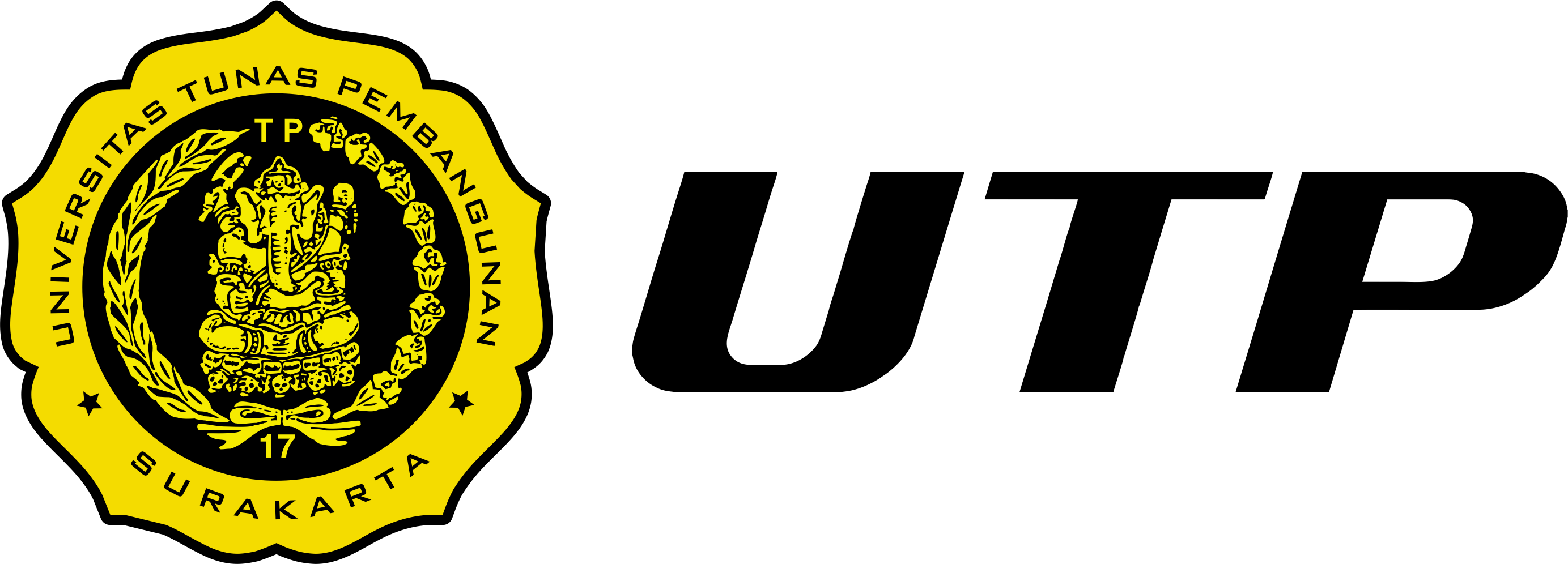



Based on the achievement of the SDGs, various efforts and strategies of SDGs have been included in the Indonesian national development. Indonesia is home for 265 million population living in 17.504 islands with its diversity of ethnicities and dialects. However, Indonesia's long-term development is faced with environmental problems and climate change. Indonesia is one of the countries facing the issue of deforestation and greenhouse gas emissions. Economic growth is still largely based on the exploitation of natural resources which have consequences for the environment. In addition, the rate of population growth exceeds the productive capacity of the earth and globalization makes life in the world more complex and unmanageable. In developing and reducing poverty, Indonesia is faced with the challenge of protecting the environment and its long-term prospects. Therefore, sustainable development is needed as an effort to meet current needs without ignoring the needs of future generations.
|
a. Building a sustainable economy The conference will explore how sustainable economic policies and practices can be developed to create a more equitable and resilient society. b. Sustainable business practices The conference will explore how SMEs and industry can adopt sustainable business practices that reduce their environmental impact, promote social responsibility, and enhance their competitiveness. c. Creating a circular economy The conference will focus on how to design products and services that promote the circular use of resources and reduce waste. The conference will discuss how SMEs and industry can embrace the circular economy model, which aims to reduce waste, promote resource efficiency, and create new economic opportunities. d. Encouraging sustainable behavior The conference will explore how to encourage individuals and organizations to adopt sustainable practices and make a positive impact on the environment. e. Building sustainable communities The conference will discuss how to create sustainable communities that prioritize social justice, environmental protection, and economic growth. f. Green innovation and technology The conference will focus on how SMEs and industry can drive innovation in green technologies and promote their adoption, such as renewable energy, green transportation, and eco-friendly products. g. Sustainable supply chain management The conference will explore how SMEs and industry can implement sustainable supply chain management practices that prioritize environmental and social responsibility, and how such practices can benefit both the businesses and the society. h. Policy and regulation The conference will discuss the role of policy and regulation in promoting sustainable SMEs and industry, including the role of governments, NGOs, and international bodies in supporting sustainable economic growth. |
|
a. The role of education in creating a sustainable future The conference will explore how education can be used to promote sustainability and environmental awareness, and how educators can help students become agents of change in building a sustainable society. b. Building a culture of peace and non-violence through education The conference will focus on how education can be used to promote peace and non-violent conflict resolution, and how educators can help students become responsible citizens who value diversity and respect human rights. c. Technology and education The conference will discuss the impact of technology on education, including online learning, gamification, and personalized learning, and how technology can be used to enhance learning outcomes and promote sustainability. d. Curriculum design and innovation The conference will explore innovative approaches to curriculum design that promote sustainability, critical thinking, and problem-solving skills. e. Inclusive education The conference will discuss strategies for promoting inclusive education, including how to address inequality, discrimination, and marginalization in education. |
|
a. Artificial intelligence (AI) and machine learning The conference will explore the potential of AI and machine learning to transform various sectors of society, including healthcare, transportation, and energy, and how these technologies can be used to promote sustainability and social inclusion. b. Internet of Things (IoT) The conference will discuss the impact of IoT on society, including smart cities, smart homes, and connected transportation, and how IoT can be used to enhance sustainability and improve quality of life. c. Blockchain The conference will focus on the potential of blockchain to transform industries such as finance, supply chain management, and voting, and how this technology can be used to promote transparency, accountability, and social justice. d. Renewable energy The conference will explore how innovative technologies are being used to harness renewable energy sources, such as solar and wind power, and how these technologies can be used to promote sustainability and reduce carbon emissions. e. Cybersecurity and privacy The conference will discuss the importance of cybersecurity and privacy in the context of building a sustainable and inclusive society and explore strategies for ensuring the security and privacy of individuals and organizations. |
|
a. Sustainable urban planning and design The conference will explore how sustainable urban planning and design can promote social inclusion, reduce environmental impact, and enhance quality of life in cities and urban areas. b. Sustainable transportation The conference will focus on how sustainable transportation systems, such as public transit, bike-sharing, and electric vehicles, can reduce carbon emissions, improve air quality, and promote healthy living in urban and rural areas. c. Sustainable agriculture and food systems The conference will discuss the role of sustainable agriculture and food systems in promoting food security, reducing waste, and enhancing biodiversity in rural communities. d. Renewable energy The conference will explore how renewable energy sources, such as solar, wind, and hydropower, can be harnessed to power cities, urban areas, and rural communities in a sustainable way. e. Water and waste management The conference will discuss sustainable approaches to water and waste management, including the reduction of waste, recycling, and the promotion of sustainable water use in cities, urban areas, and rural communities. |

Rector, Universitas Tunas Pembangunan Surakarta
Director, SEAMEO Secretariat, Bangkok, Thailand


Accounting Lecturer, Universitas Tunas Pembangunan (Indonesia)
Sultan Idris Shah Polytechnic (Malaysia)


Don Mariano Marcos Memorial State University (the Philippines)
Nakhon Ratchasima Rajabhat University (Thailand)



Universitas Tunas Pembangunan Surakarta (UTP) 2023
Copyright 2020 All Right Reserved By Free html Templates Distributed by ThemeWagon